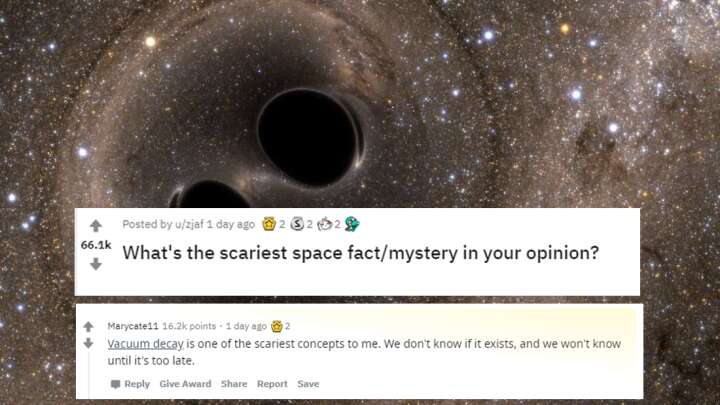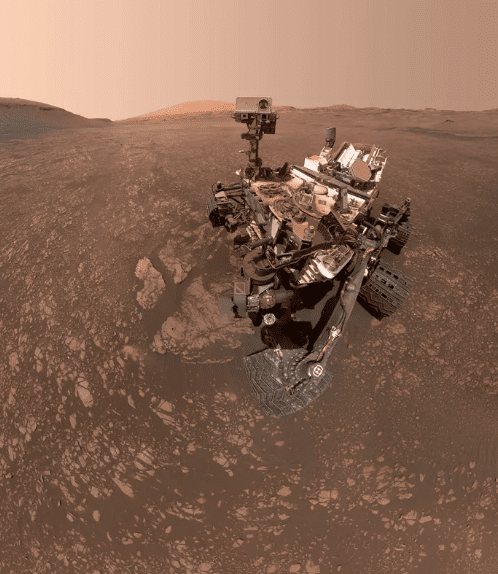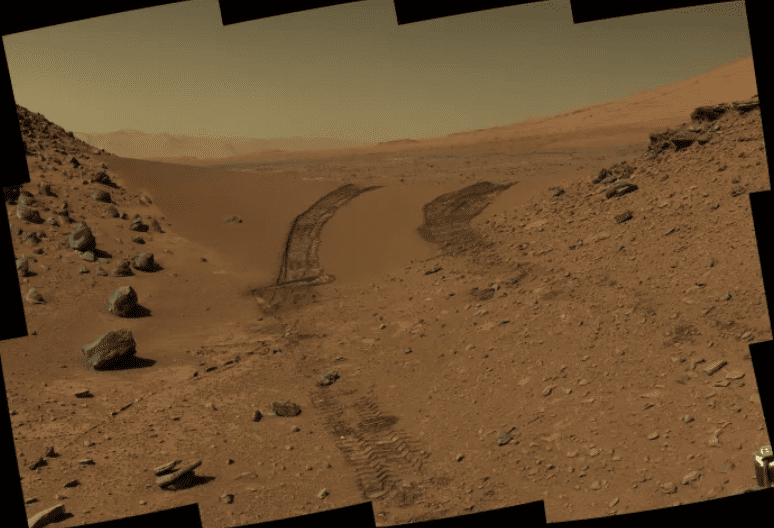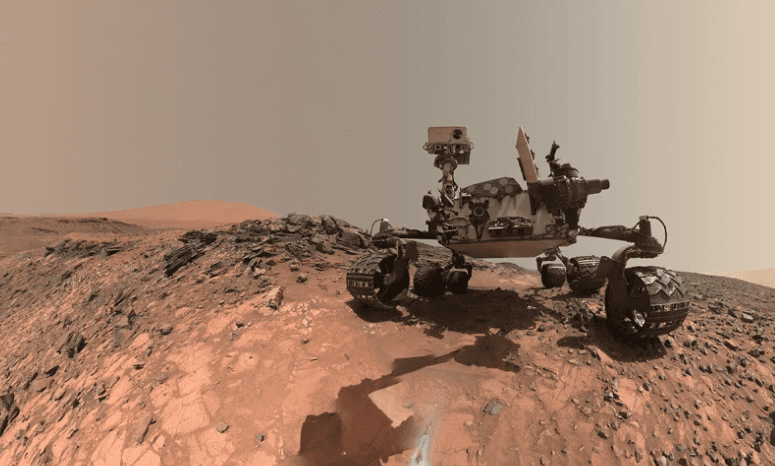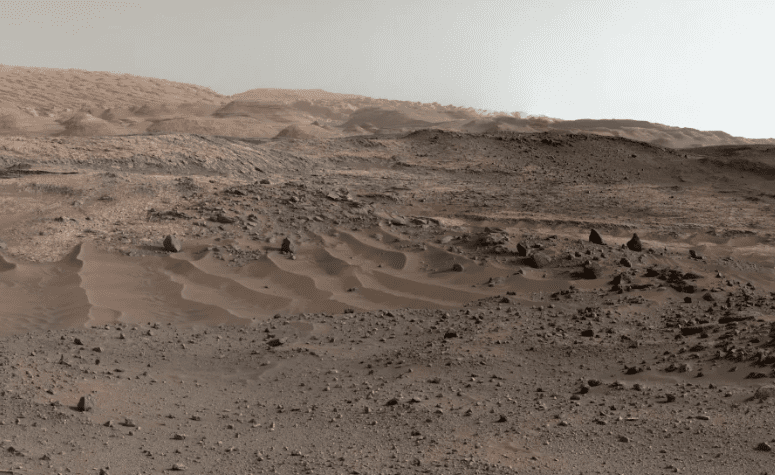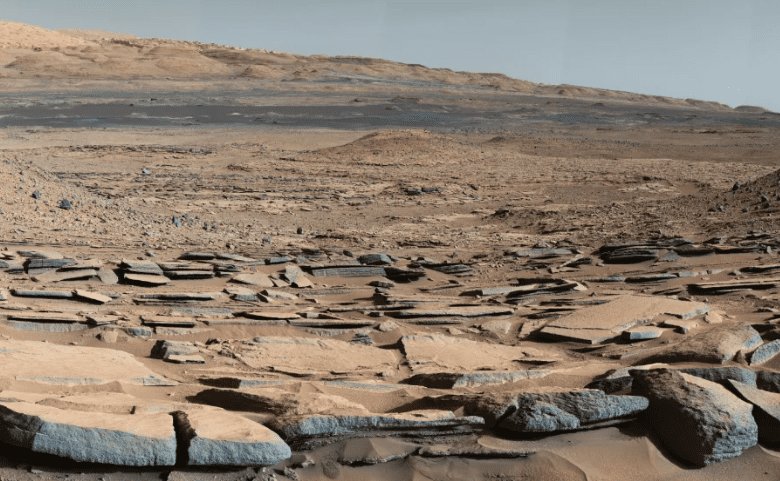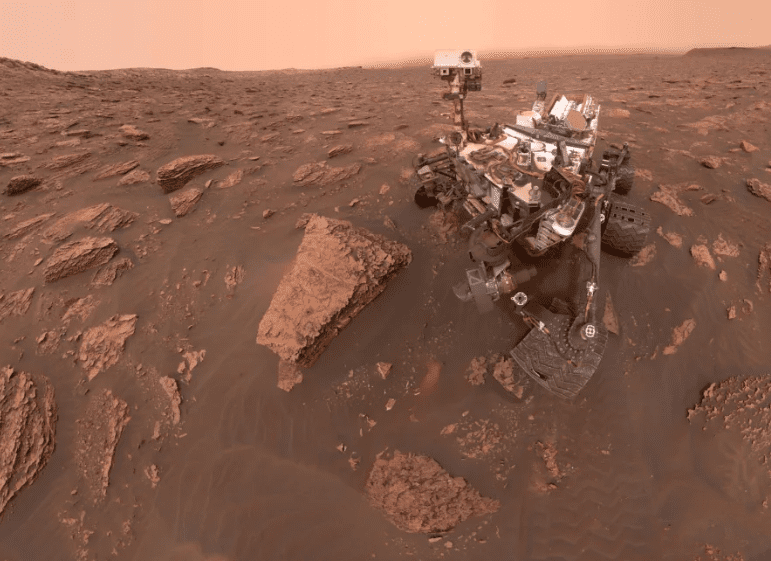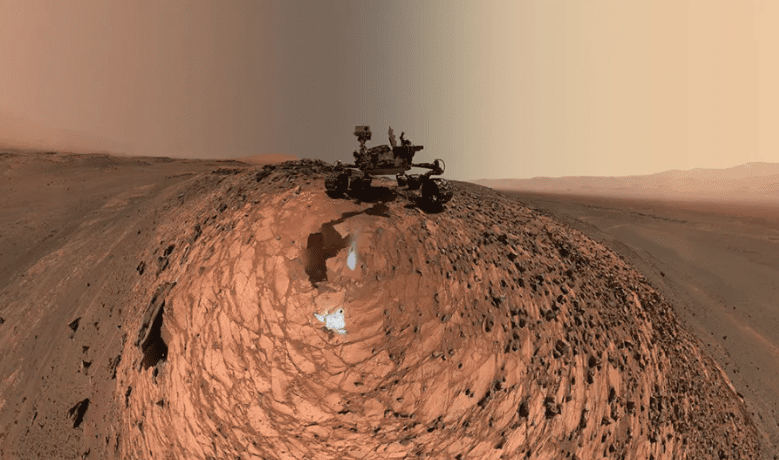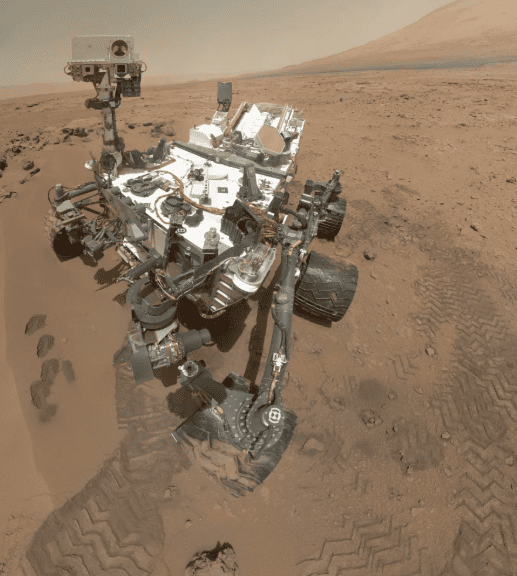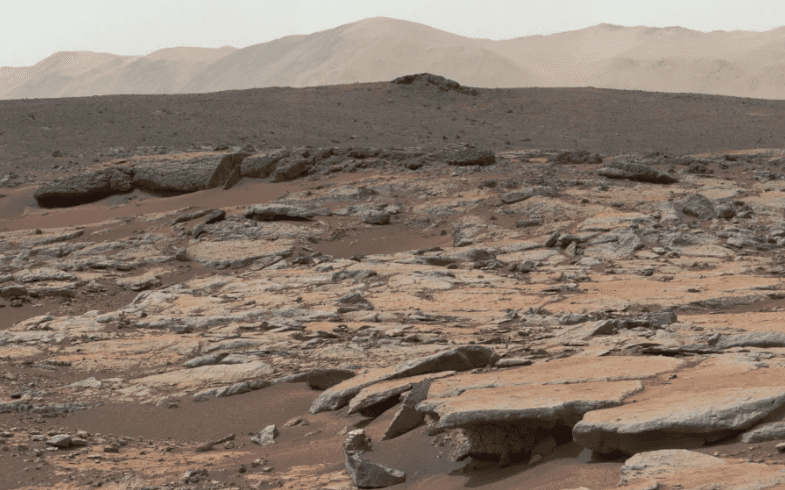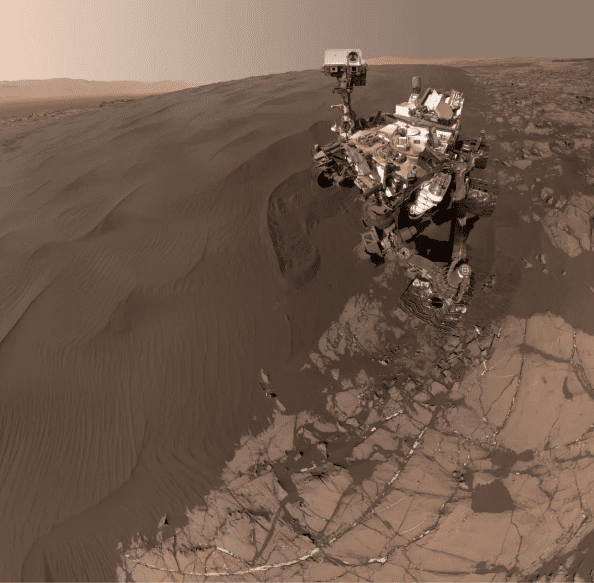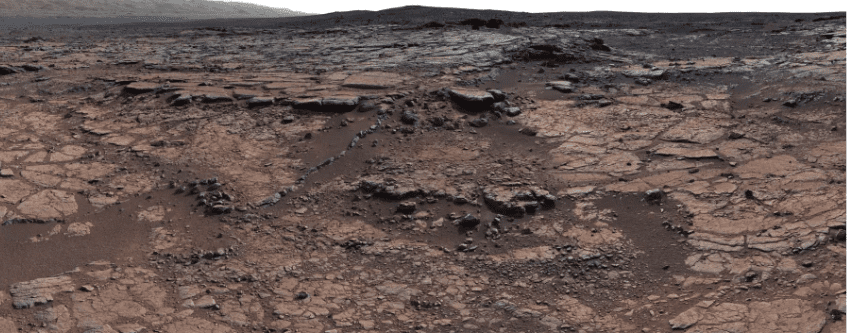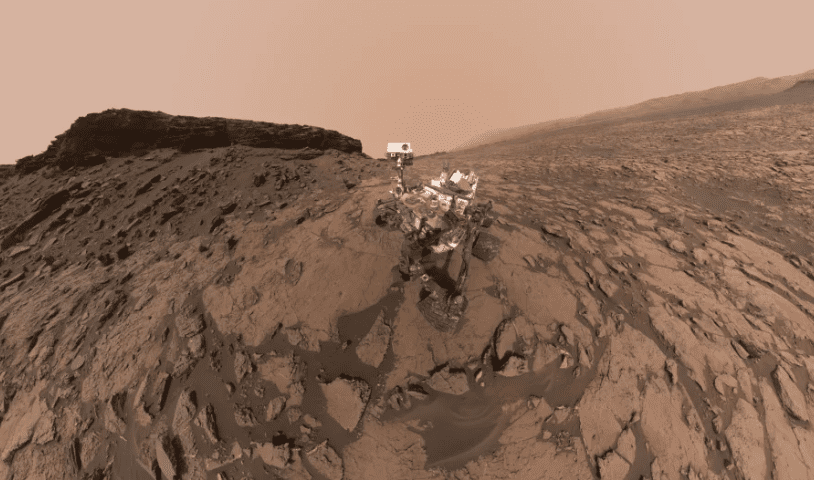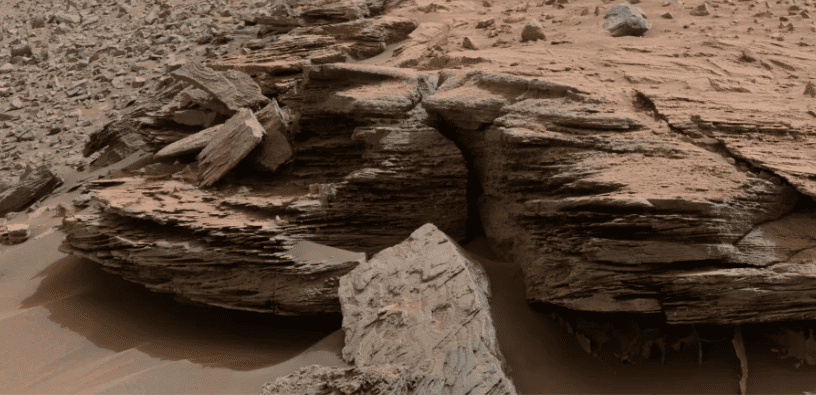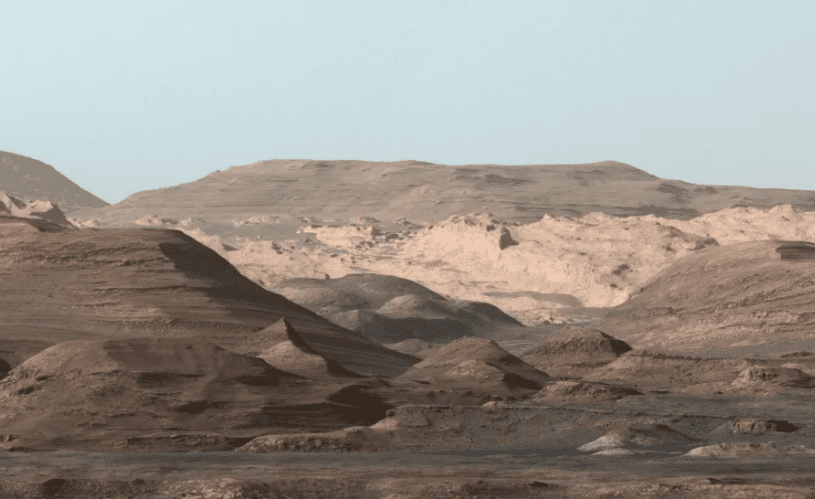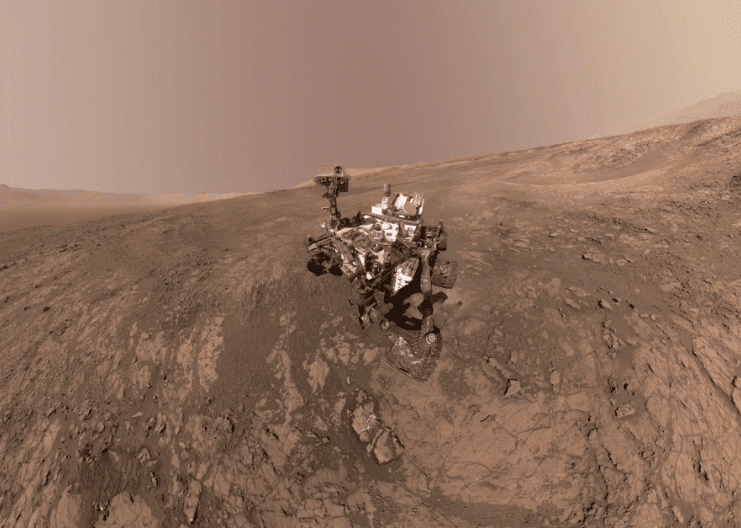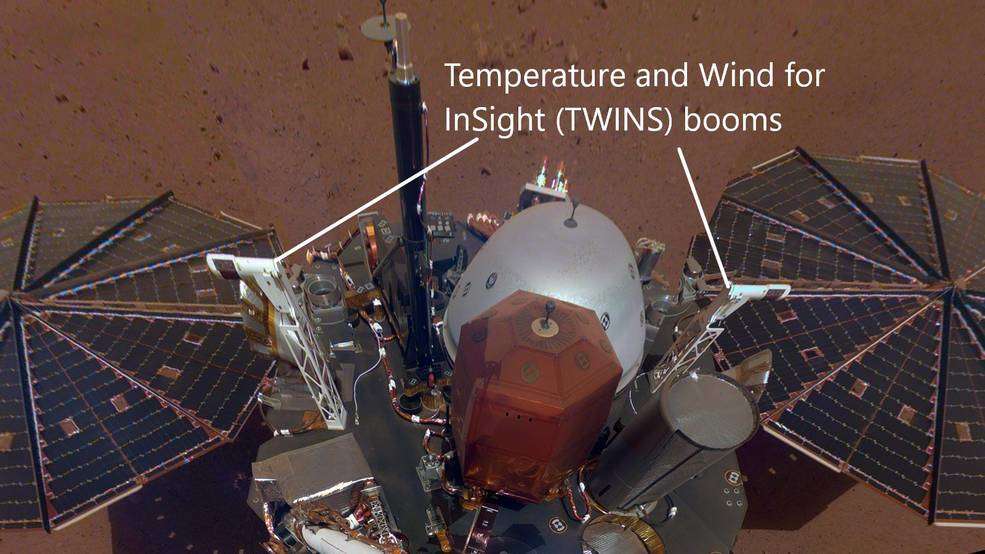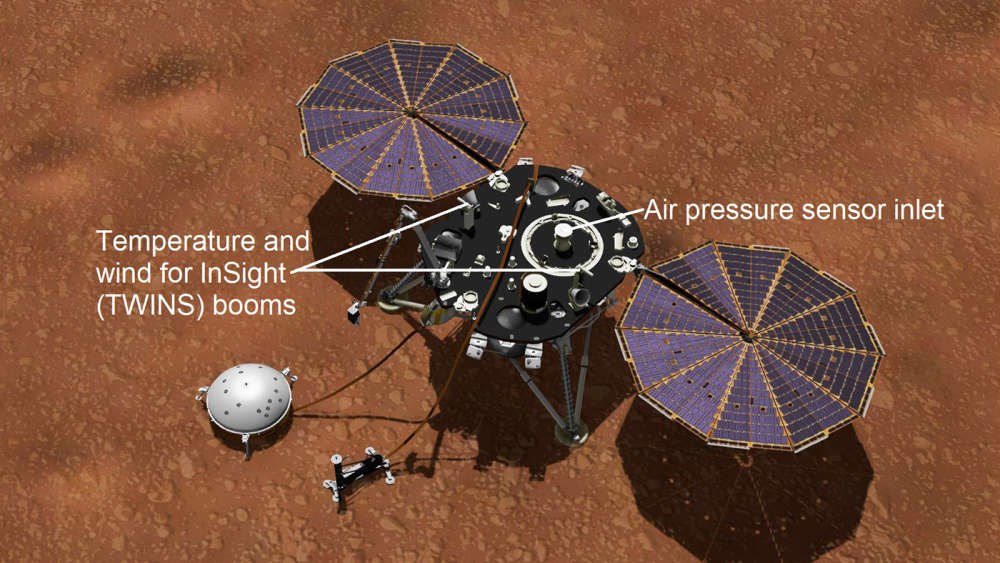What life lies beyond the clouds?
What life forces dance among the stars?
What secrets does the sky hold?
What sort of ferocious creature is sitting on a planet waiting to evaporate us?
Or what sort of dark element hides in the vastness of the unknown, biding it’s time to unleash a dangerous fury over all the planets and lives in it’s path?
These are all the lighthearted thoughts I ponder when I think about the Universe and space. And what could possibly be out there.
Sometimes science and knowledge can be more anxiety inducing than fun.
Remember back in the days of middle school? We’d all learn about space and space travel and theorize about what lies beyond and it would be a fascinating process. That was cool.
Or do you recall enjoying films like Alien, Armageddon and Deep Imapct?
We’d watch them and laugh about how none of that could actually happen.
Now cut to 2021 and I’ve lost track of the number of asteroids I hear about that have barely missed us and or are coming for us.
Now who’s laughing? We know next to nothing about what is out there. And the more we discover, the less I want to hear.
And I’m not alone in this opinion.
Redditor ZenitsuCrybaby wanted to discuss all the things we may not want or need to know but do.
They asked:
“What is the most terrifying fact about our universe/world?”
The Big Burn Out…
“Every once in a while, our sun just emits a solar flare big enough to end civilization.”
“In 1859 we had one hit the Earth powerful enough that the telegraph system became self powered for a while before burning itself out.”
“Fortunately at that time, that was pretty much the extent of our electrical infrastructure, so the damage didn’t do too much to civilization.”
“If one hit today without any warning, every system on long spans of wire would be fried. We’d lose a massive amount of infrastructure.”
“No refrigeration for food distribution, large chunks of communication infrastructure gone, massive amounts of manufacturing capacity gone.”
“Pretty much every aspect of life would be affected. And without that infrastructure, we almost certainly don’t have the capacity to rebuild the infrastructure before people start starving to death.”
“And once people start starving, things are likely to go downhill pretty quickly.”
“You might be wondering what are the odds that we’ll ever see another solar storm that large, and the answer is that we already have.”
“On July 23 of 2012, a similarly sized solar flare missed the Earth by 9 days.”
“In the last few decades we’ve added in some early warning systems and protocols to give us a chance of surviving.”
“Basically we’ll get about 45 minutes warning to disconnect as much of the electrical grid as we can, then hope enough of it survives.” ~ open_door_policy
Better Life Out There
“The universe’s opinion of us: Mostly harmless.” ~ FredGruntbuggly
“What’s even scarier is that if there is other intelligent life out there, it could have stuff one million times stronger than all of the nuclear weapons on earth combined.” ~ ThatOneDoveSlayer
Tiny, tiny bits…
“How unfathomably tiny our planet is in comparison to the continuously expanding universe.” ~Grentis
“The way that the universe operates on such an infinitesimal small scale, but also an impossibly massive scale freaks me out.”
“Even if we can look at the numbers and know the scale, I feel like our minds can’t really conceptualize it.” ~ Reddit
“What’s worse is that not only is the universe continuously expanding, it’s accelerating.”
“Meaning that as time progresses that distant galaxies will literally fade from view, the light emitted from them will never reach us.”
“Eventually the inhabitants of our galaxy will never know of that the universe extends beyond our local group of gravitational bound galaxies.”
“And even eons beyond that… the notion of other galaxies outside the milky-way will be myth.”
“Dark Energy is one cruel witch.” ~ GRVrush2112
The Grand Expansion…
“What’s outside the universe?”
“If it’s always expanding, what is it expanding into?”
“Any time I think about this for too long it reminds me about how little I understand about the existence of anything and it scares me.” ~ businessgoose3000
Empty Spaces
“One of the largest “structures” in the universe is the Boötes void. A void is a region of space that contains very little celestial objects or matter.”
“It is a region of the universe 330 million light years in diameter. Despite this it has been found, so far, to contain only 60 galaxies.” ~ NOVAQIX
We are so terribly young…
“I’ve posted this before but I think about it a lot. Our civilization is so, so early.”
“The universe is expected to continue star formation for 100 trillion years. We exist 13.7 billion years after the big bang.”
“That’s 0.014 percent of the total “habitable” time of our universe.”
“If the big bang was January 1st, 1900 and star formation ends at January 1st, 2000. Then it’s currently January 6th, 1900.”
“What are the chances of that? Why do we exist now, so early, instead of any other point in the rest of time?” ~ TheReaper42
We know nothing for sure…
“Humans can’t understand the concept of eternal and we can’t understand the concept of infinite.” ~eggslocated
“That’s why I’m scared of the afterlife, If there is one. The idea of simply ceasing to exist scares me, but the idea of existing eternally also scares me.”
“I simply cannot comprehend the idea of existing forever and ever and ever and ever with no end in sight.” ~ edd6pi
Anybody out there?
“There could be intelligent life on other planets or we could be the only form of intelligent life in the universe. Either scenario is pretty terrifying.” ~ Thomas_Chinchilla
“To me, being all alone in the vast expanse of space is an extremely interesting possibility.”
“I scoff when people say it would be boring or a waste of space.”
“It would be absolutely fascinating if there was all of that out there, and then just us.” ~ dubspace
And on Earth
“You can be born into a completely awful and nightmarish environment, and never escape it. You’ll be born miserable and die miserable.” ~ DANYALKIM
“There’s also people born into these that do make it out and they’re much stronger for it and go on to ensure that many people don’t end up the way they were.”
“Doesn’t make it any better but at there’s a little glimmer in there somewhere.” ~ Reddit
WARNING! DANGER!
“We’re not yet at the point of no return for the coming ecological catastrophe and we’re gonna sail past it anyway.” ~ zomboromcom
“Considering the fact that our planet is the only one known to sustain intelligent life in the discovered universe.”
“It reminds you of how many things have to line up perfectly in order for that to be possible.”
“It is a very fragile balance, and certain ecological and atmospheric temperatures/resources/chemical concentrations are essential.”
“Yet we look at the way we are carelessly screwing it up, but it is easy to imagine this one in a million planet becoming unlivable.” ~ twilit_earth
Stop the Killing!
“We have millions of unknown living things on our planet, and most will never be discovered due to humans killing nature.” ~ Cubsfan630
“Tbh it’s not even just humans killing nature. Humans are also just not capable of seeing or hearing tons of things.”
“There could be a giant 4 dimensional uv dragon sitting next to me and if I hear a fart my brain will blame it on the dog cause I can’t see the dragon.”
“Or that’s how I interpreted the other posts on this stuff recently lol.” ~ raspberrykitsune
Well that is a lot to process. I don’t remember middle school and high school science classes being so full doom and gloom.
No matter what is out there, one thing is for sure. Humans… we have to do better!
We all play a part in the survival and the downfall, close to home and far and wide.
I’m going to stick to learning about English Lit now. There couldn’t be anything to worry about there.
Right?
